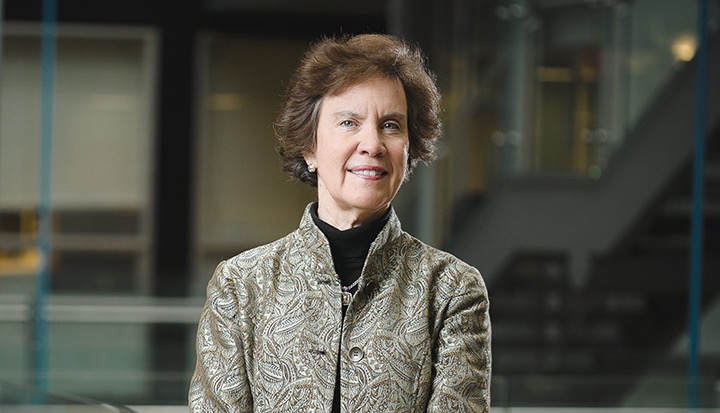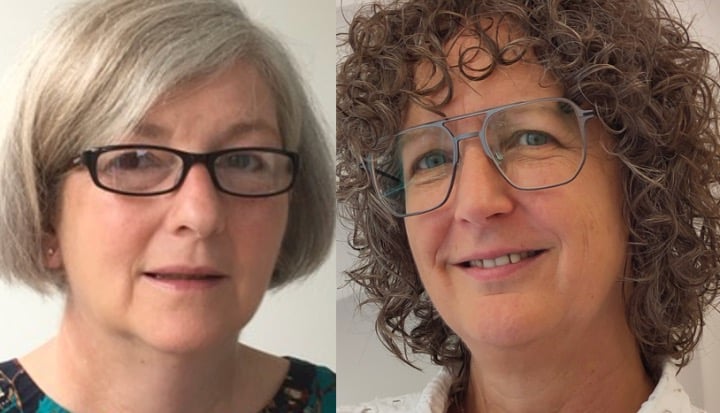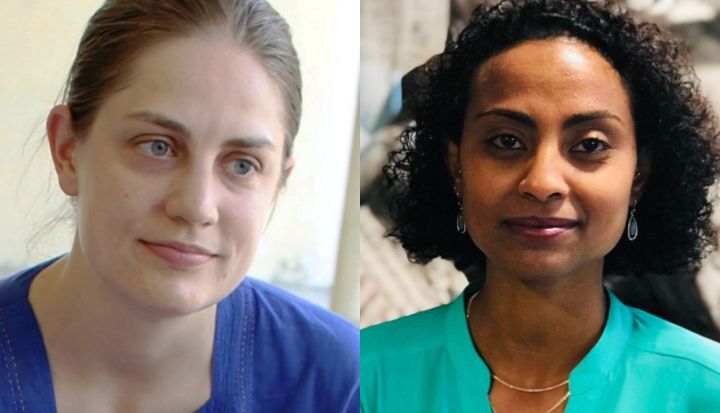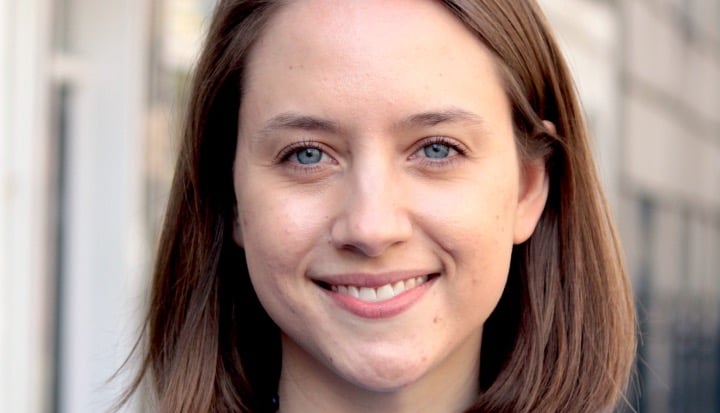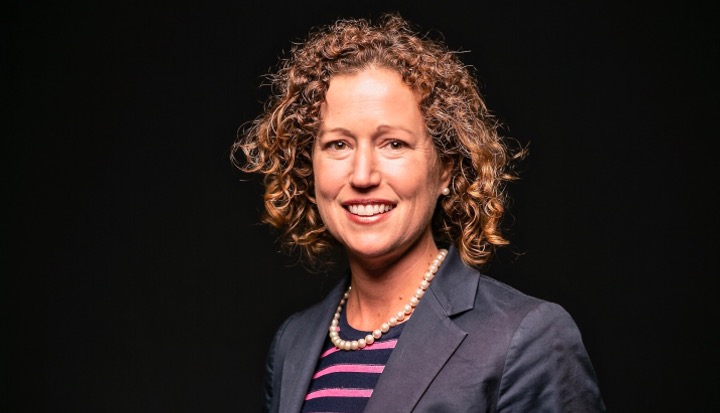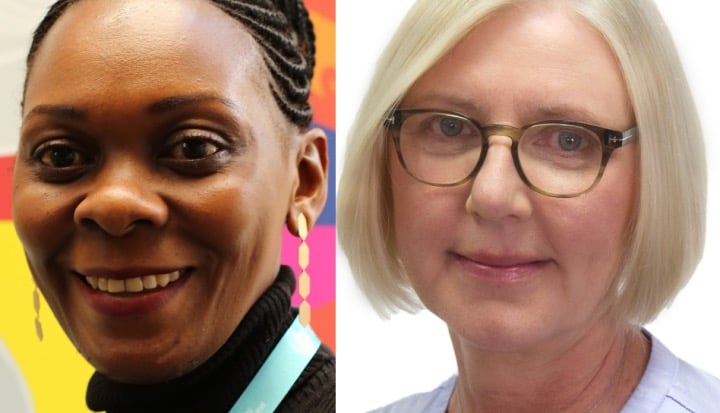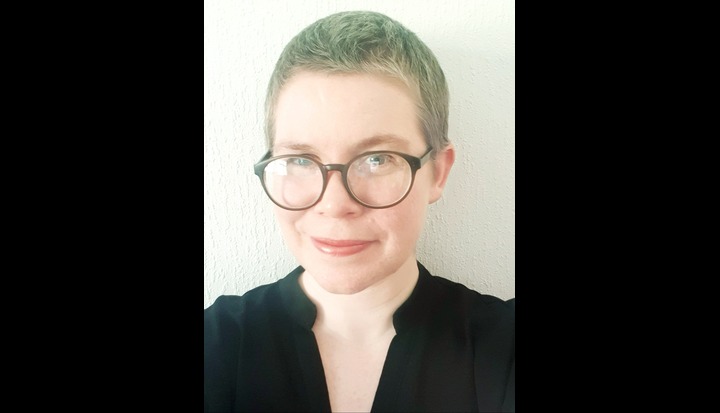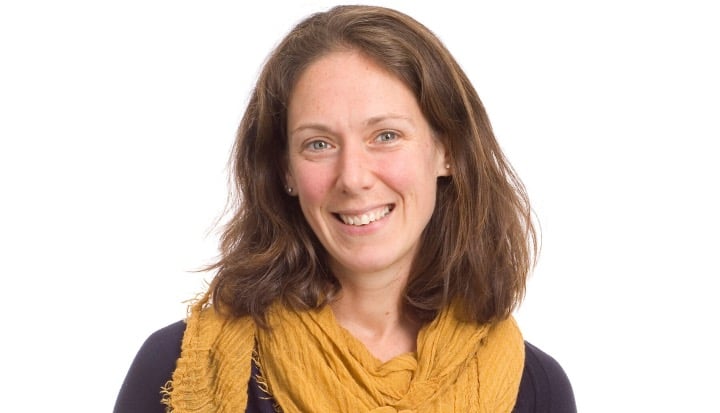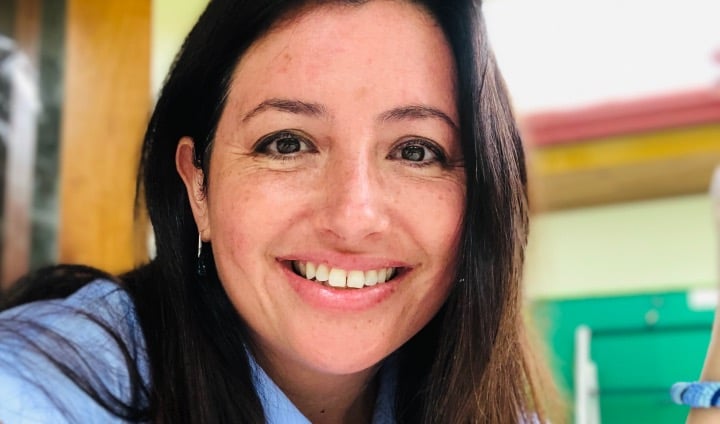BFP: What do you do?
 JW: I work for GIZ, a federal enterprise, supporting the German Government in achieving its objectives in the field of international cooperation for sustainable development. Most of our work is commissioned by the German Federal Ministry for Economic Cooperation and Development (BMZ).
JW: I work for GIZ, a federal enterprise, supporting the German Government in achieving its objectives in the field of international cooperation for sustainable development. Most of our work is commissioned by the German Federal Ministry for Economic Cooperation and Development (BMZ).
I am a Senior Manager in the Private Sector Cooperation unit, working on policy development at the interface of business and development. We work closely with develoPPP.de the BMZ flagship programme to promote cooperation between business and development agencies.
BFP: What is the best part about your job?
JW:The best part of my job is inspiring policy makers, when I recognize my own ideas in polices that are taking shape. The impact of our work is not always easy to pinpoint, so seeing policies emerge that are from your own thoughts is very rewarding.
BFP: What have been your greatest challenges?
JW: Early on in my career one of my most challenging projects was the organisation of a side event to the Millennium Development Goals (MDG) + 5 summit. We gathered all the major players and thinkers working on business and development at one large conference. It was very challenging, in particular dealing with all the politics involved in organizing such a global conference. Everyone wanted to be there and be visible, with many having their own agendas and private plans of how to make this happen.
BFP: How have you overcome these challenges? What is the secret of your success?
JW: It is essential to be able to work with the dynamics that occur in policy making, anticipating how different organisations and people enforce their interests, and how they will best come together. When you have many people in the room with 50 or so different interests and time constraints you need to learn to develop a sense of the pattern the policy making will take. With this understanding you can play with those complex dynamics for the best outcome. The most important part is communicating, I communicate in various forms all day long- so you need to like it!
In the case of the MDG + 5 side event, the trick was to offer an open platform, by inviting everyone to come and showcase their work and share knowledge we ended up with a high quality dynamic audience. This was a valuable experience to have early on in my career as it taught me the complexities at play in the facilitation of large-scale global conferences and policy making.
BFP: If someone wants to do what you do, where should they start?
JW: Firstly I’d say pick a topic that inspires you, and study it in more detail. During my early studies, I was intrigued by why businesses, who are traditionally all about profit, were now talking about these “soft” issues, I wanted to understand where this had come from and learn more about it.
To further my studies I did a postgraduate course at the German Development Institute (GDI). The GDI is a public think tank on development issues, funded by the German government, as part of their work they train about 20 people a year for jobs in official development organizations. It is a good path to take if you wanted to work somewhere like GIZ. A similar course is the Global Governance School, where GIZ invites young professionals from BRIC countries who are working in ministries or think tanks etc. to study at the school. If you are also interested in how the private sector of emerging economies can contribute to international development this GIZ study entitled “Fast Growth and Big Impacts: How Emerging Market Multinationals are…” is a good read.
BFP: Finally: what do you hope to get out of being part of the BFP community?
JW: It is valuable being part of Business Fights Poverty and connected to many people within the area of business and development. There is a high probability that I will bump into the people that are members of the network during my work, so it is good to be connected in some way. I don’t necessarily play a central role on BFP, but I do watch what is happening on key topics and read many of the articles- particularly those on the base of the pyramid.
Thank you to Jochen Weikert for taking the time to do this interview.
We’re always looking out for members to feature. Help us by taking two-minutes to update your profile, or by nominating someone for Business Fights Poverty Member of the Week.
This Member of the Week interview was conducted by Yvette Torres-Rahman, BFP Member Relations Director. Read previous Member of the Week interviews here.

